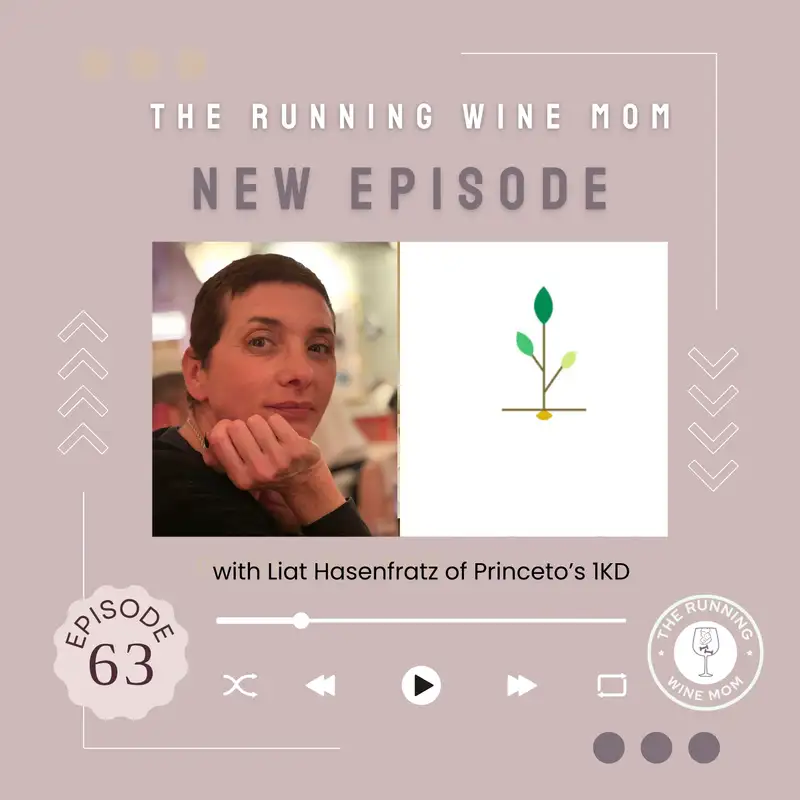Unlocking Infant Language Development: Insights from Princeton's 1KD Research with Liat Hasenfratz
In this episode, Samantha Cieslinski interviews Liat, a researcher at Princeton University, about the groundbreaking research behind the first 1000 days (1KD) program in early childhood development. The 1KD program aims to predict language development in infants and emphasizes the importance of the first 1000 days of life in shaping a child's future. Liat shares her personal experience as a mother of two teenage boys and discusses the challenges and joys of parenthood. She also highlights the need for children to have opportunities for play and joy in their lives. The project aims to study language development in the first 1000 days of a child's life. The researchers recruited 15 families and installed cameras in their living areas to capture the child's environment. The data collected includes video and audio recordings, which are analyzed to understand how language develops. The first three years of life are crucial for development, and studying this period can provide insights into learning and communication. The project faces challenges in analyzing the large amount of data and detecting the child's location within the house. The families involved have unique characteristics, but all contribute to the understanding of language development. The 1KD research project captures the diversity and richness of child development in 15 families. The families are diverse in terms of race, language, and family structure. The project aims to capture the messy and dynamic nature of development, moving away from simplistic models. The researchers are interested in fine-grained details, such as crying behavior and parenting styles. They also value the privacy of the families and take measures to protect their data.
1KD Project
1KD Project

